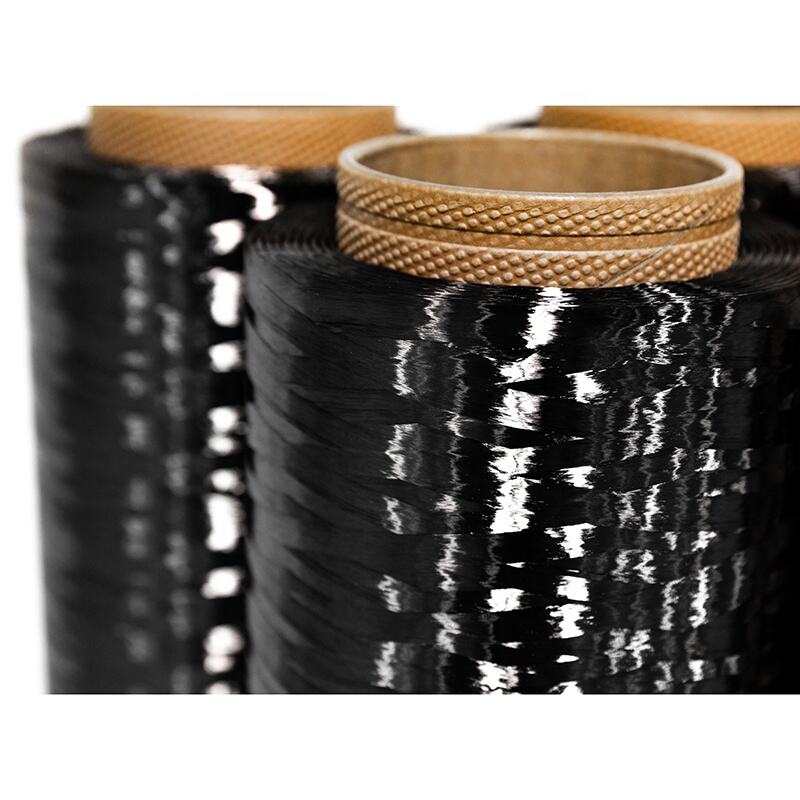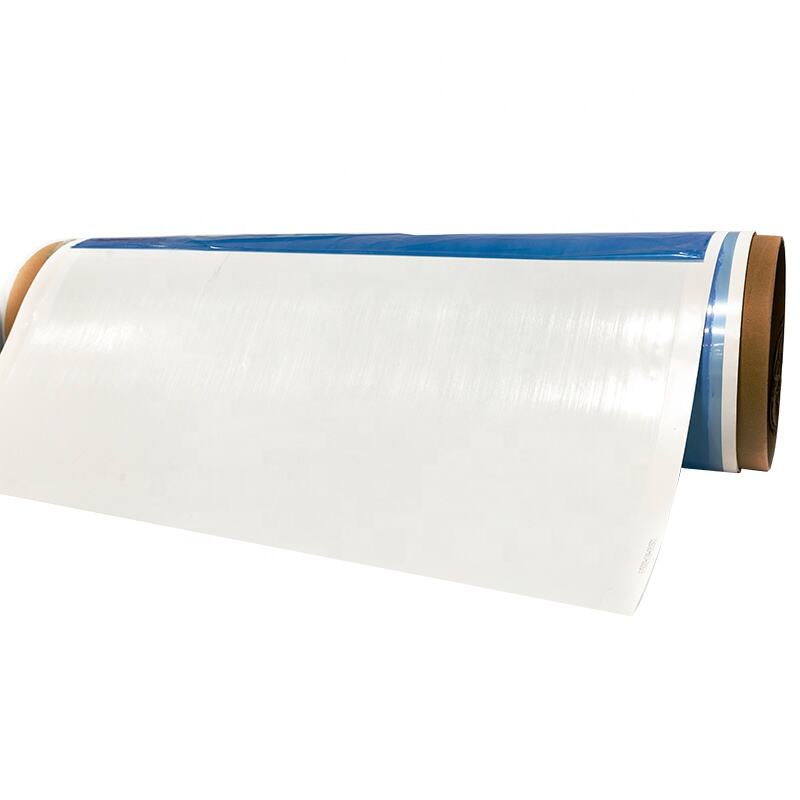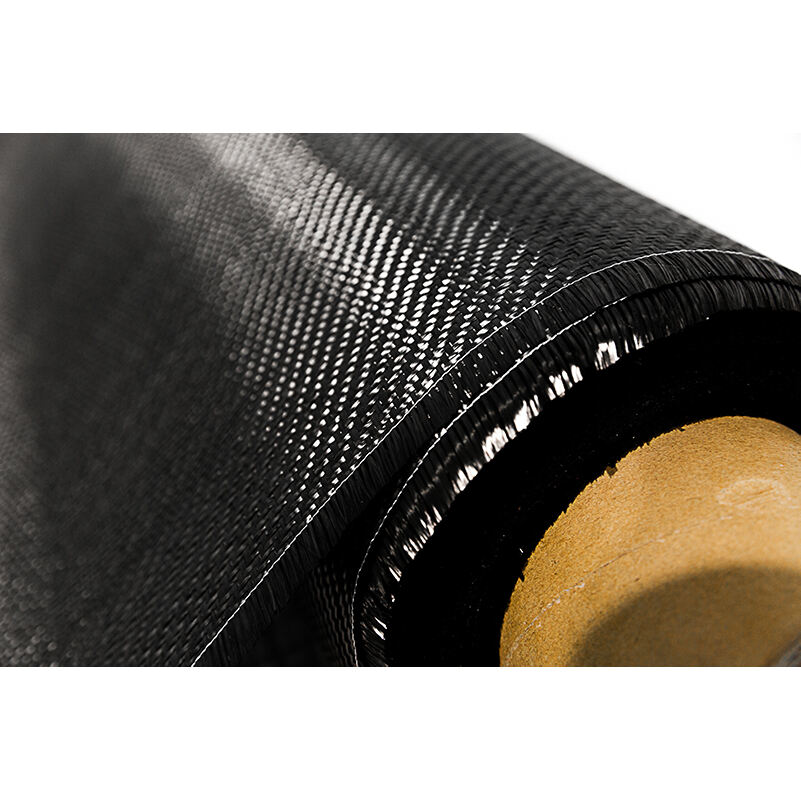carbon fiber winding machine
A carbon fiber winding machine represents a sophisticated manufacturing solution designed for producing high-performance composite materials through automated precision winding. This advanced equipment utilizes cutting-edge technology to wrap carbon fiber filaments around a mandrel in predetermined patterns, creating robust cylindrical or conical structures. The machine operates through a computer-controlled system that precisely manages fiber tension, winding angles, and resin application. Its main functions include automated fiber placement, precise tension control, and synchronized mandrel rotation, ensuring consistent product quality. The technology incorporates multiple axes of motion control, allowing for complex winding patterns and geometries. Modern carbon fiber winding machines feature integrated quality monitoring systems, real-time process control, and adaptive winding parameters. These machines find extensive applications across various industries, including aerospace, automotive, sports equipment, and industrial manufacturing. They excel in producing pressure vessels, pipes, drive shafts, and other cylindrical components that require exceptional strength-to-weight ratios. The machine's versatility allows for the creation of both standard and custom-designed composite products, making it an essential tool in advanced manufacturing processes.


